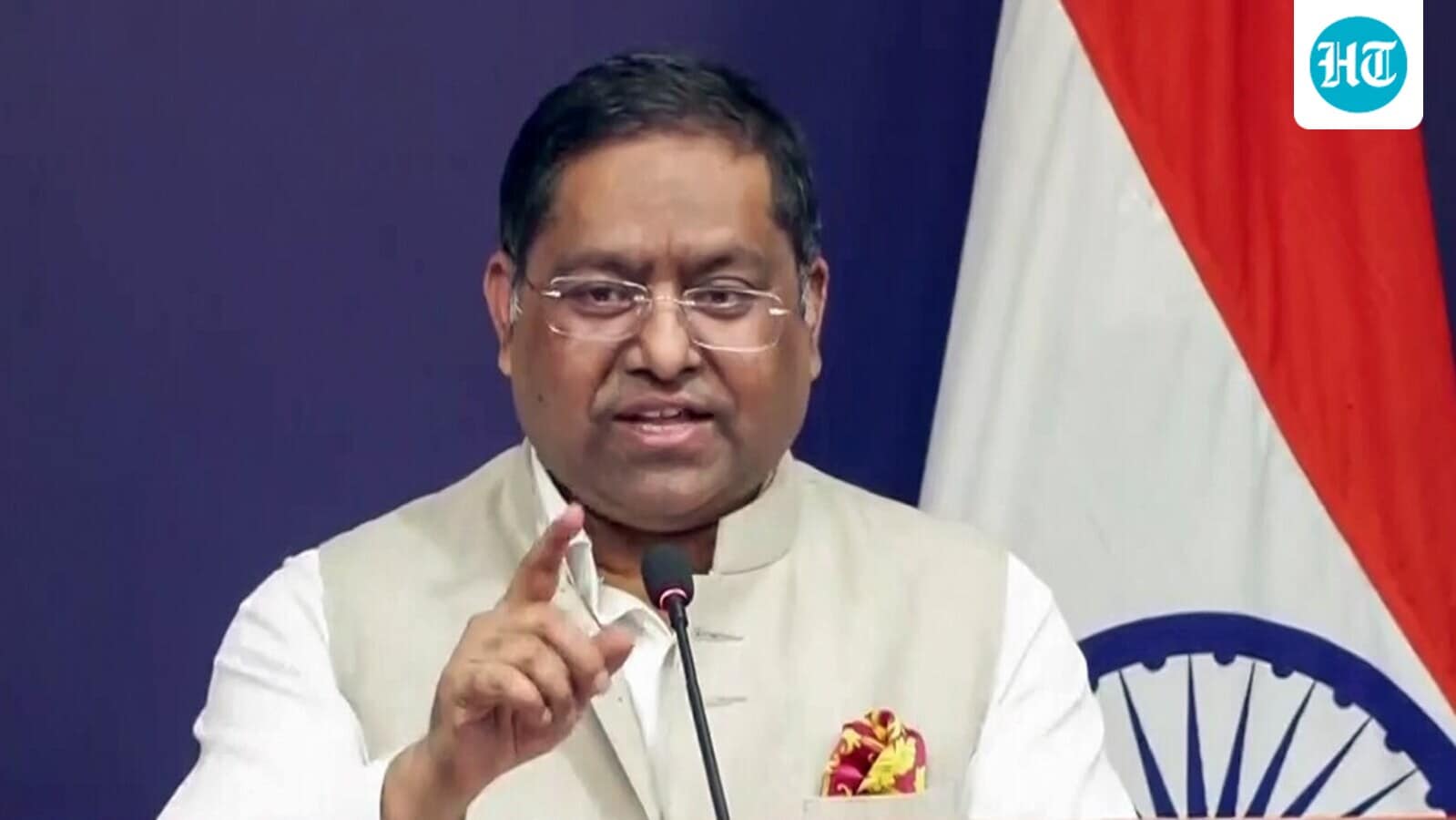Now Reading: India Responds to US Decision on Revoking Chabahar Port Sanctions Waiver
-
01
India Responds to US Decision on Revoking Chabahar Port Sanctions Waiver
India Responds to US Decision on Revoking Chabahar Port Sanctions Waiver

speedy Summary
- US Sanctions Revocation: The United States has revoked the sanctions waiver for India’s development activities at the Chabahar Port in Iran, effective September 29.
- Indian Response: India’s Ministry of External Affairs stated that it is “examining its implications” following this announcement.
- Strategic Importance: Chabahar Port is vital for connecting India to Afghanistan adn Central Asia while bypassing pakistan. It was developed under a 2016 tripartite agreement between India, Iran, and Afghanistan.
- Development Timeline:
– Since 2003, India had been negotiating with Iran to develop the Shahid Behesti Terminal.
– A memorandum of Understanding was finalized in 2015; operational control was taken by state-owned IPGL in 2018.
– Plans included expanding capacity with a railway connection to Zahedan by mid-2026.
- Rationale Behind US Waiver (Earlier): The port held importance for India’s trade routes and contributed to Afghan economic development prior to the Taliban’s rise in Afghanistan (2021), which weakened justification for maintaining waivers.
Indian Opinion Analysis
The revocation of the US sanctions waiver represents a strategic challenge for India’s connectivity ambitions via the Chabahar Port. As an important gateway linking South Asia to Central Asia without passing through Pakistan, this port has been pivotal in trade strategies and geopolitical considerations since its inception.
India now faces increased complexity due to longstanding delays caused by U.S.-Iran tensions over broader sanctions regimes.While New Delhi must assess direct effects on its investment commitments and logistical plans-including completing pre-announced rail links-it may also need diplomatic recalibration with Washington amid already delicate relations involving broader global alignments.
While India’s Ministry of External Affairs indicated that it is indeed examining implications rather than issuing immediate action statements-a prudent move-it underscores how intertwined regional infrastructure projects frequently enough become vulnerable dependencies on external geopolitical currents like U.S.-Iran friction frameworks shaping future evolution policy decisions remains essential measured balancing approach align together longer-term prioritize pragmatic-solidify new fallback resilient networks overcome disruptions cascade effect realities






















